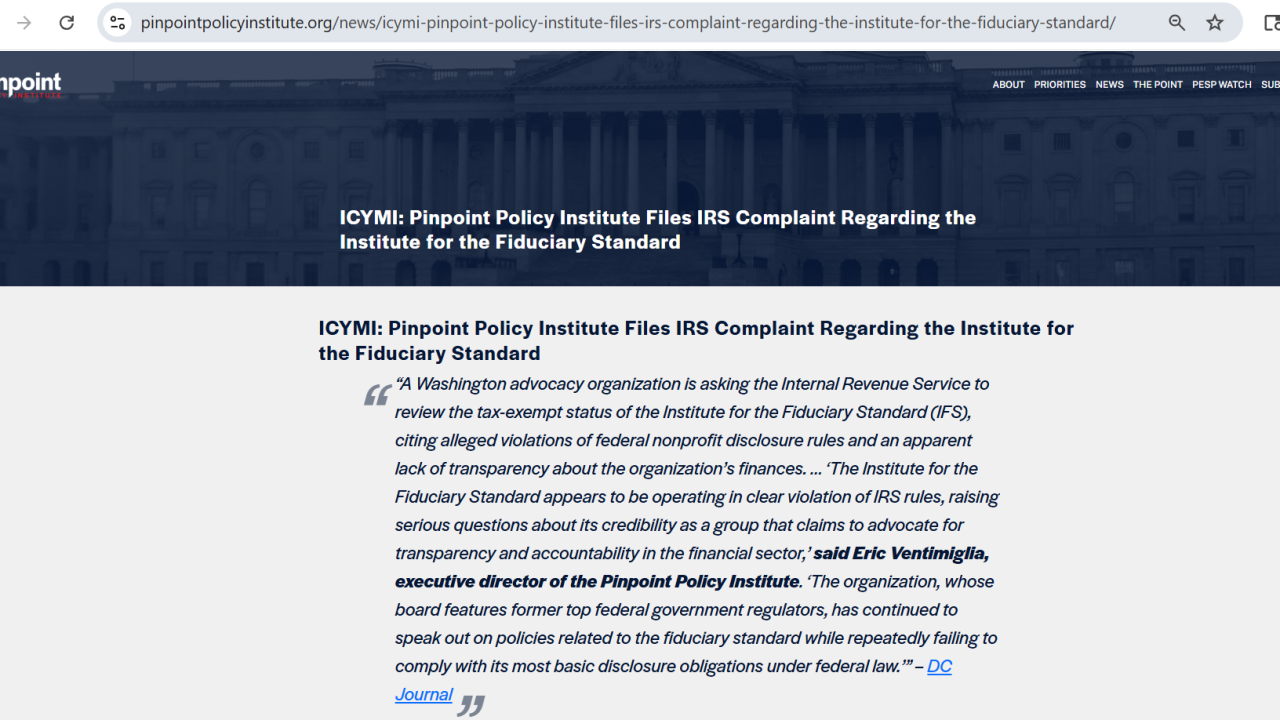Despite the continued frenzy of fear that has whiplashed the stock market recently, not everyone thinks the U.S. economy is all doom and gloom.
In fact, John Coyne, President of Brinker Capital, says that the fundamentals are strong and that anxiety is causing investors to sell off their stocks when they should be holding onto them for the long term.
The wall of worry about a double dip recession is overblown as well. The U.S. economy is continuing to grow, albeit slowly, and liquidity, which was non-existent during the 2008-2009 financial crisis, is flowing today.
“The recent volatility is a complete overreaction,” Coyne said, in a phone interview on Tuesday. “This is a crisis of fear.”
It may not be warranted, but it sure is understandable. The average individual has still not recovered to pre-recession levels and the apocalyptic warnings from some sectors of the media haven’t helped. Yet corporations continue to see great earnings, as well as strong M&A and IPO activity. “There is well over $1.5 trillion in cash in corporate coffers to put to work in some fashion,” Coyne explained. “If we continue to feed the flames of growth we could get ourselves out of this.”
Nonetheless, the debt ceiling debacle that has taken place in this country has led to a promise of a cutback in spending, which will have a significant impact on services that will in turn lead to job cuts.
So, even though corporations have strong balance sheets, the fear that is pulsing through the economy is impacting companies too, Coyne added: “When you wake up in this country regardless of where you work, the sentiment of the country will influence you.” A CEO may know that their company is strong and it’s a great time to expand, but if their neighbor lost their job and at a cocktail party they hear their friend saying how their son just got laid off, it has a huge psychological influence, Coyne said. “Suddenly that same CEO thinks they need to slow down on expansion plans until they can see how the economy is doing. That is creating anxiety. The fundamentals of the economy are not.”
There is reason for optimism, though. The fundamentals of the economy are solid – and the reality is that politicians can only have so much influence over the economy legislatively, said Coyne. This recovery will have to be on the shoulders of both the corporations and individual Americans. It seems clear that there is no compromise nor are there effective policies coming out of Washington. Unemployment is still staggeringly high. There is nothing to stimulate growth. And there are no cohesive tax policies. Americans distrust their politicians. It truly is a pull-yourself-up-by-the-bootstraps economy at a time when most Americans have nothing to pull themselves up with.
Corporations will need to take the lead by going out on a limb and creating jobs despite the gloom and fear in the air. In return, banks will see better deposits, housing will begin to recover, and consumer spending will start to rise again, all of which will lead to more growth.





